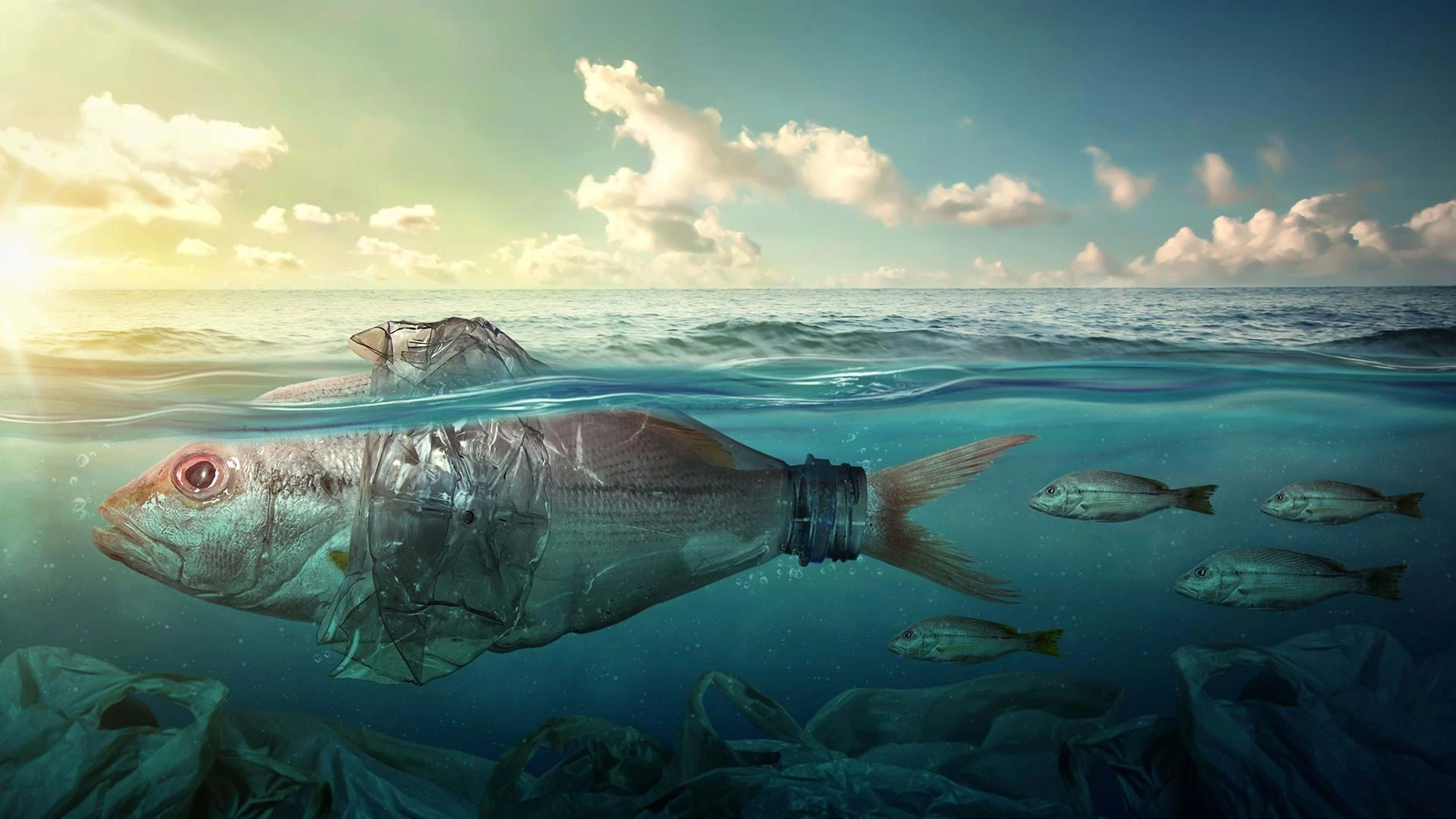Ocean Conservation in South Asia: A Shared Responsibility
The South Asian region is blessed with extensive coastlines, rich marine biodiversity, and thriving coastal communities that depend heavily on the oceans for their livelihoods.

Pollution in the ocean in alarming levels.
The South Asian region is blessed with extensive coastlines, rich marine biodiversity, and thriving coastal communities that depend heavily on the oceans for their livelihoods. However, the health of these vital waters is under grave threat. Pollution, overfishing, climate change, and habitat destruction are wreaking havoc on marine ecosystems, demanding immediate and collective action. Ocean conservation in South Asia is not merely a choice but an urgent responsibility shared by all nations in the region.
One of the most pressing issues facing South Asian oceans is plastic pollution. India, Bangladesh, Sri Lanka, and Pakistan rank among the highest contributors to marine plastic waste, with millions of tons of waste entering the seas annually. Single-use plastics, discarded fishing nets, and unregulated waste disposal have turned stretches of coastline into dumping grounds.
This not only endangers marine life but also affects coastal tourism and the livelihoods of millions dependent on fishing and related industries. Collaborative regional policies on waste management, alongside the promotion of biodegradable alternatives, are crucial to addressing this crisis.
Overfishing is another major concern. Unregulated fishing practices and the use of destructive methods like bottom trawling have depleted fish stocks and destroyed seabed ecosystems. Coastal communities that rely on fishing for sustenance and income face declining catches, further exacerbating poverty and inequality.
Governments across South Asia must prioritize sustainable fishing practices, enforce strict regulations on illegal, unreported, and unregulated fishing, and promote aquaculture as a sustainable alternative.
Climate change presents a long-term existential threat to South Asia's marine environments. Rising sea levels, ocean acidification, and the warming of sea waters are leading to the destruction of coral reefs, the bleaching of iconic habitats like the Great Barrier Reef, and the loss of breeding grounds for numerous species. Collaborative efforts, such as regional commitments to reducing carbon emissions, protecting mangroves, and restoring damaged habitats, are essential in mitigating these impacts.
Marine conservation also requires robust regional cooperation. Initiatives such as the Indian Ocean Rim Association (IORA) provide platforms for countries to share resources, research, and strategies to combat threats to marine ecosystems. Cross-border collaborations to monitor illegal activities like poaching and unregulated fishing can help safeguard shared marine resources.
The participation of local communities in conservation efforts cannot be overstated. Programs that involve fishermen, coastal residents, and tourism operators in sustainable practices have shown significant success. For example, initiatives in Sri Lanka and the Maldives promoting community-based coral reef restoration have seen positive outcomes in reviving marine biodiversity.
Ocean conservation in South Asia is a shared responsibility that transcends borders. Protecting these vital waters requires not only government action but also the active participation of industries, local communities, and individuals. By fostering collaboration, investing in sustainable practices, and implementing long-term conservation policies, South Asia can protect its marine treasures for future generations. The oceans are not just a source of life and livelihood—they are a legacy that demands to be preserved.
